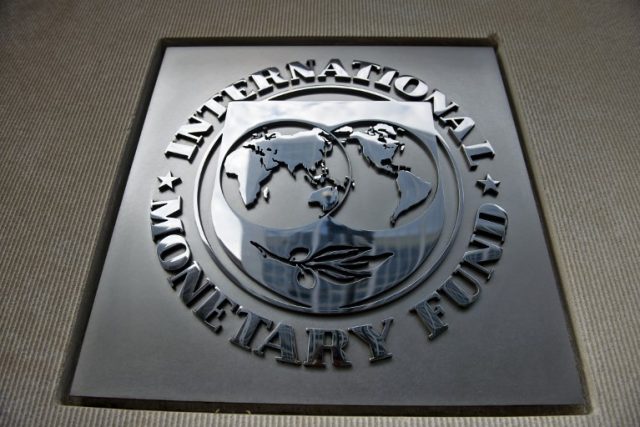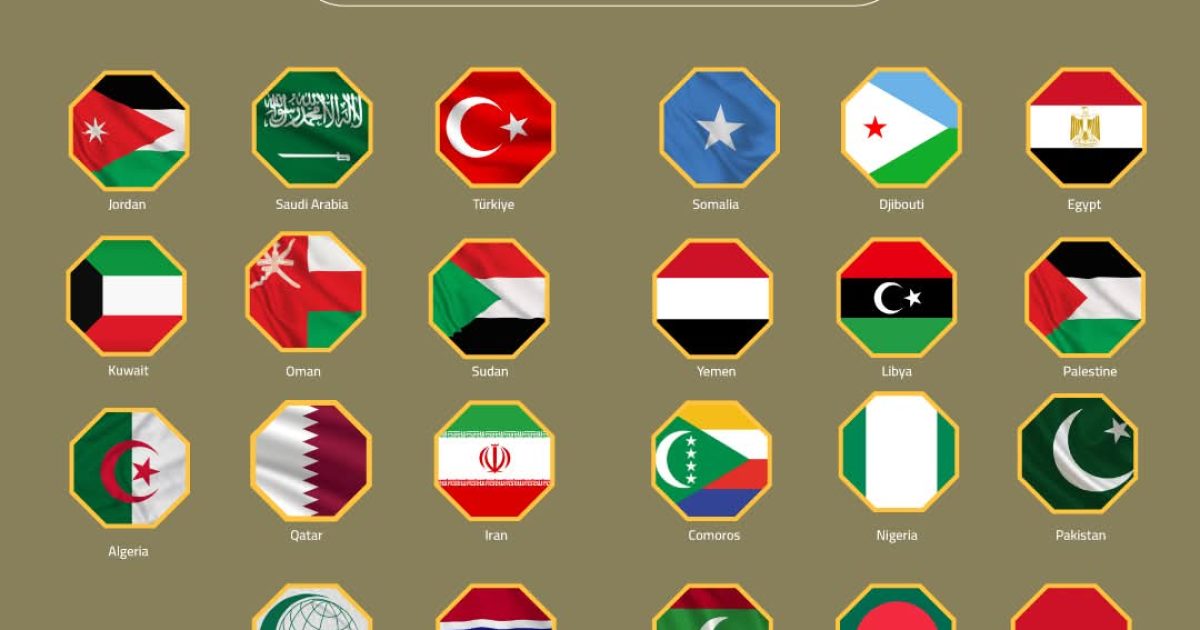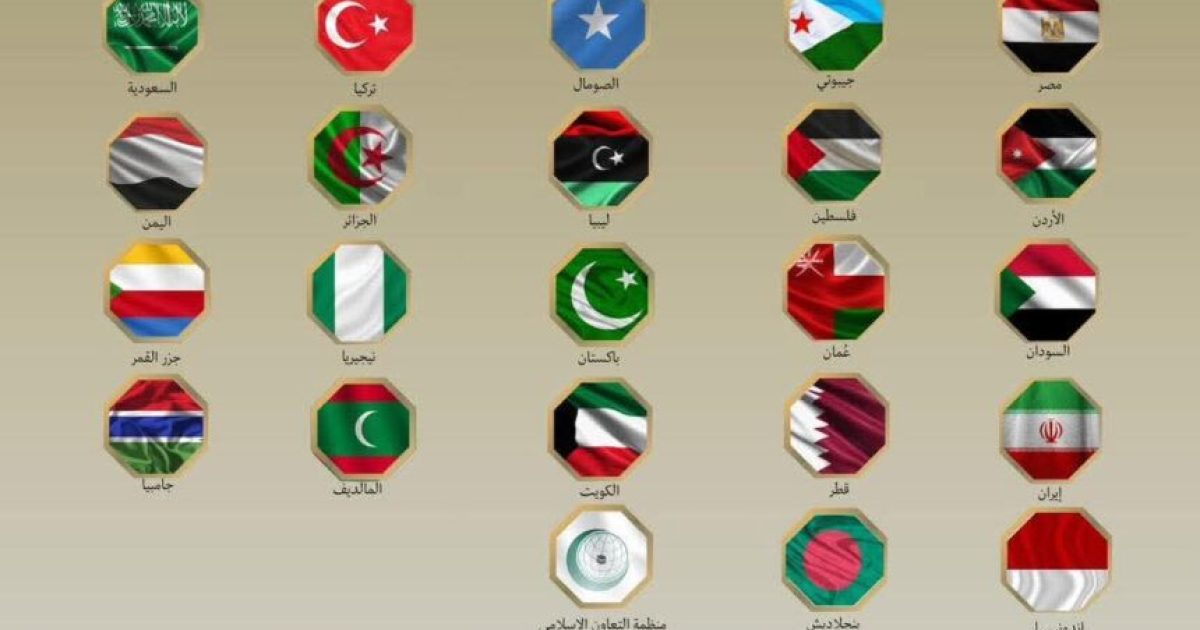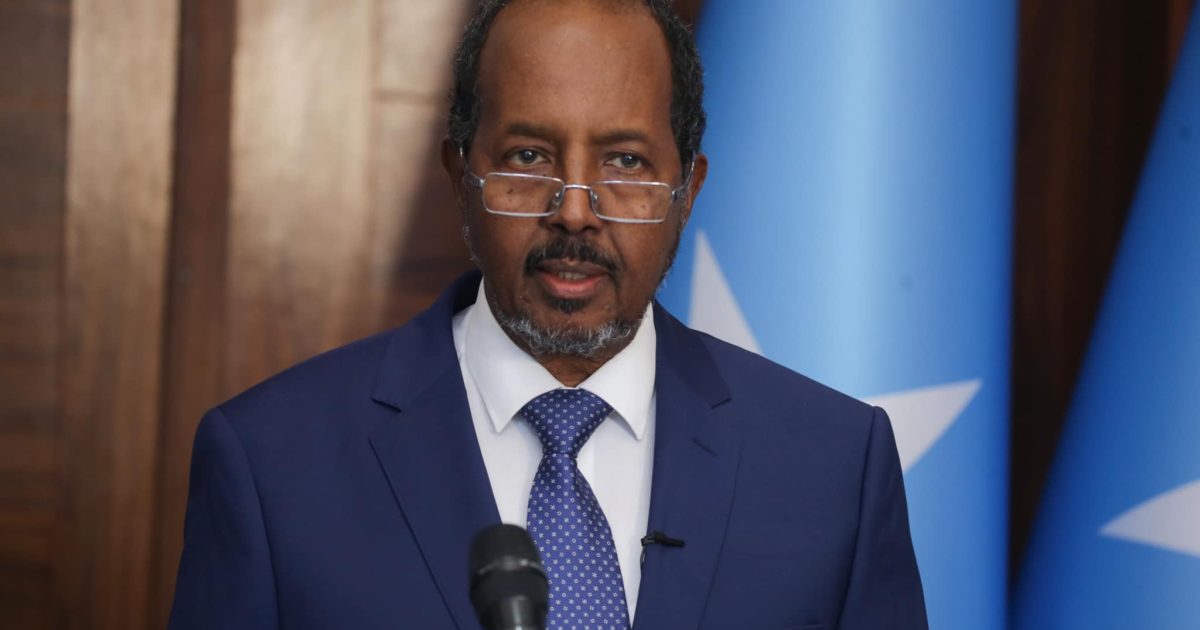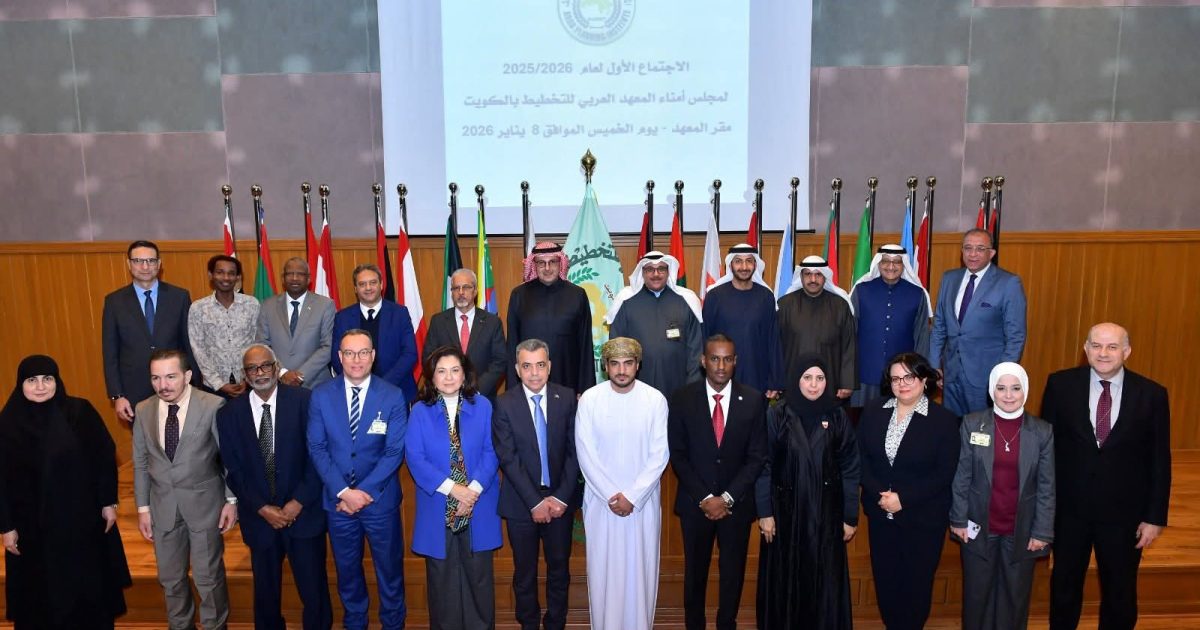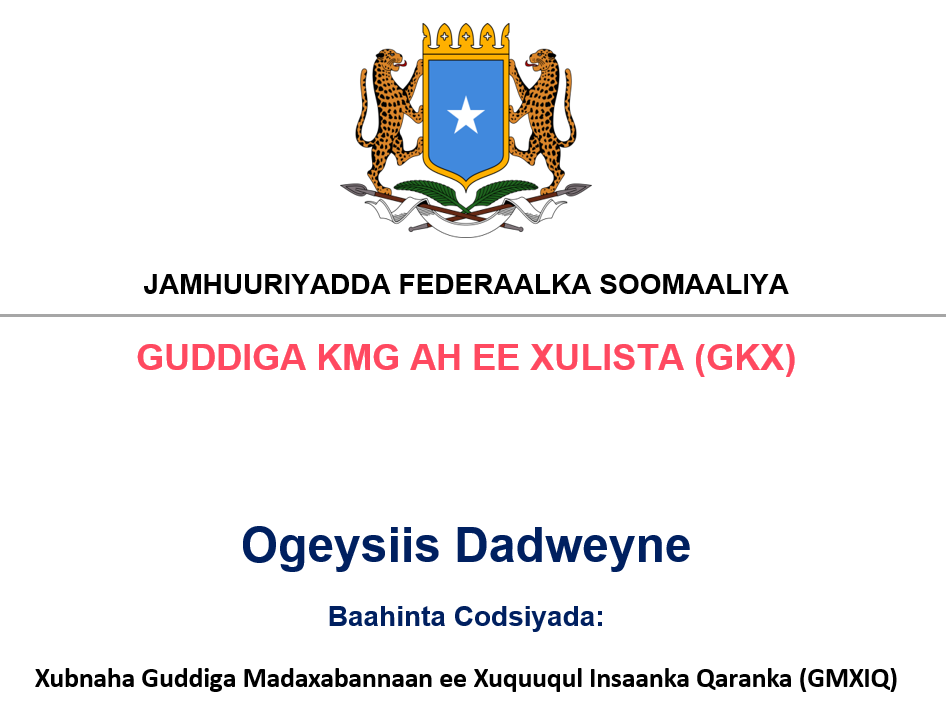IMF staff commends the authorities for implementing key reforms and for satisfactory performance under the Staff-Monitored Program (SMP).
IMF staff encourages the Somali authorities to sustain their reform momentum which will help pave the way towards eventual arrears clearance and debt relief under the Heavily Indebted Poor Countries (HIPC) Initiative.
On February 5, 2019, the Management of the IMF completed the first review under the third 12-month Staff-Monitored Program (SMP III) [1] with Somalia, which covers the period May 2018–April 2019. This current SMP, together with the previous two SMPs (covering May 2016 to April 2018), has been designed to help guide the Somali authorities as they rebuild key economic institutions and undertake critical policy reforms to re-establish macroeconomic stability and establish a track record on sound policy and reform implementation
Thanks to the authorities’ strong commitment, program implementation has been satisfactory, and capacity continues to strengthen, despite a challenging environment.
Somalia’s economy is recovering but further efforts are needed to secure economic resilience and reduce poverty. Since 2017, growth has rebounded, inflation has slowed, and the trade deficit has narrowed. For 2018, real GDP growth is projected at 3.1 percent and end-year inflation at 3.5 percent. The exchange rate has remained stable. But further efforts are needed to improve economic conditions, increase employment and make a significant reduction in poverty. Development and humanitarian partners are working with the authorities on enhancing the country’s resilience. Nevertheless, risks to the outlook and program remain.
The authorities’ efforts to improve domestic revenue mobilization has strengthened revenue performance. This reflects efforts to broaden the tax base, and to develop the tax policy framework and administrative capacity to collect taxes. Data through November 2018 show that domestic revenue reached $161 million (31 percent higher than the same period in 2017), and the overall cash fiscal position was in surplus by $8 million. New budget support grants from the EU and the World Bank are increasing grant revenues and providing further support for reforms and social transfers. Staff commends the authorities for their concerted efforts to improve domestic revenue mobilization.
Bold steps to strengthen public financial management need to continue. Reforms to improve the fiscal framework are ongoing, and the authorities continue to exhibit greater fiscal discipline and are implementing regular monthly fiscal operations reporting.
The authorities’ stepped-up efforts to develop the financial sector are welcome. Staff encourages continued progress on implementing the authorities’ action plan (the Financial Sector Roadmap) for reforming and developing the financial sector. Staff urges the rapid implementation of planned changes to the organizational and governance structure of the Central Bank of Somalia. Staff urges the authorities to bring the mobile money sector under its supervisory and regulatory umbrella as soon as possible. Finally, compliance with anti‑money laundering and combatting the financing of terrorism (AML/CFT) regulations must be improved and identified gaps in the framework addressed.
The authorities need to complete a number of additional preparatory steps before launching the first phase of the currency reform. These include securing the needed funds and operational support; operationalizing the accountability framework; and completing the detailed project timeline and communications strategy.
Staff encourages the Somali authorities to sustain their reform momentum. The successful completion of the first two 12-month SMPs (from May 2016 to April 2018), as well as satisfactory performance under the current SMP III, reflects the strength of the authorities’ policy and reform commitment. This continued commitment will help pave the way towards securing the necessary support, including from donors, for eventual debt relief and arrears clearance under the HIPC Initiative. Staff urges the authorities to begin the process of securing the necessary financial assurances to cover the costs of both HIPC debt relief and clearing arrears to the international financial institutions.


